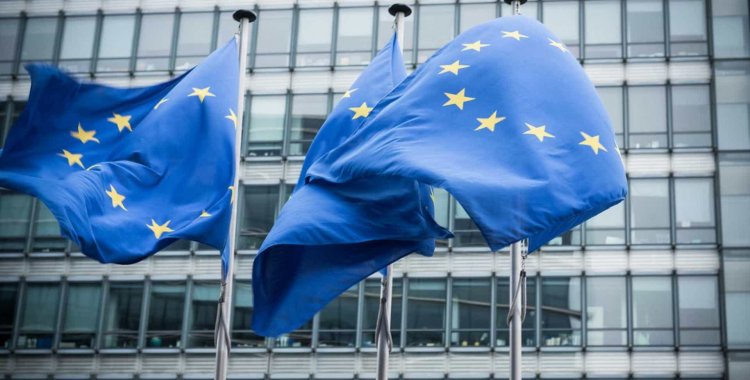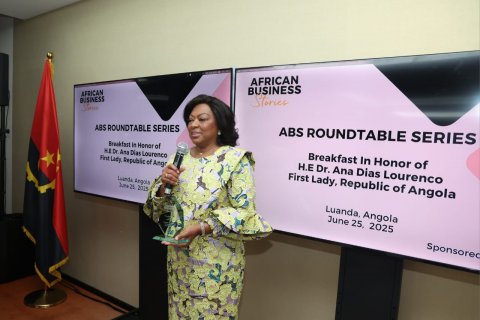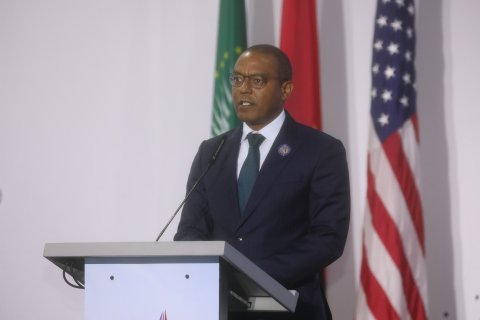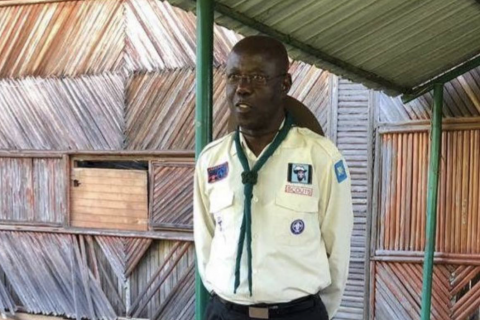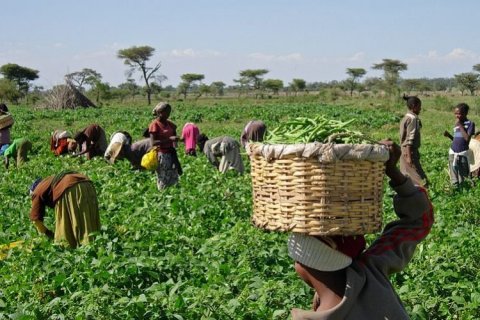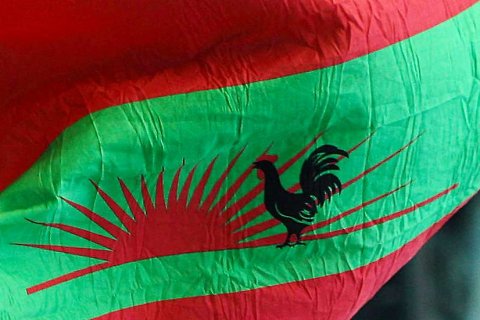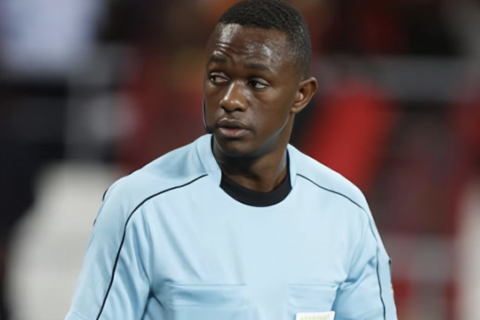The EU ambassador to Angola, in an interview with Lusa, said that the planning of funds for the coming years is currently underway.
So far, under the European Development Fund, support of more than 130 million euros has been granted and they are now "dealing with planning for the next six to seven years," said Seppen.
Without giving details about the budget, Jeannette Seppen indicated that the financial programming will serve to "support Angola towards a greener, more sustainable, more resilient economy" and should start to be implemented in the first half of this year.
The partnerships with Angola emanate from the so-called "Joint Path", the comprehensive framework on which the institutional relations between the European bloc and the country are based, and which involves political, economic and social aspects.
European Union support for economic diversification and, currently, the fight against the covid-19 pandemic, are among the crucial themes, including, for example, programs aimed at good governance and human security, aimed at institutional capacity building or for families in food vulnerability as is currently happening in southern Angola due to drought.
"The work we do aims from the most direct beneficiaries to an institutional framework, involving ministries to support the integration of Angola in international and regional trade," said the European ambassador, pointing out the economic partnership with SADC (Southern African Development Community) , whose accession process is supported by the EU, as an example.
In this context, training programs are being developed at ministerial level on "comprehensive" themes to minimize dependence on the oil sector and develop the agro-industrial sector, she said.
Jeannette Seppen noted that any reforms "take a long time" to become visible, but "things are moving forward" and EU programs are also about moving forward as quickly as possible.
"We are at a very difficult time for attracting investors, but we are confident in this process and we will continue to work to help Angola out of this crisis situation," she emphasized.
Another area that the EU prioritizes is combating the covid-19 pandemic, in which European officials "continue to show all the solidarity" that the disease has shown, she continued.
"Last year, the EU had already provided budget support of 20 million euros to support efforts to fight the pandemic and donated biosafety materials and is also an important partner in Covax, of which Angola is a part", stressed the EU ambassador.
Jeannette Seppen added that the Government is also negotiating with the European Investment Bank (EIB) a loan of 50 million euros to respond to the pandemic, which may include the purchase of vaccines, stressing that "the partnership" remains solid, maintaining high-level meetings, albeit virtual.
On the postponement of Angola's transition from a Least Advanced Country to a Middle Income Country (PRM), decided last week at the United Nations (UN), with European approval, the ambassador pointed out that, given the current situation, the rise category "did not seem to be the best solution for years to come".
"That is why the EU endorsed Angola's request to postpone this status for three years. We will continue our dialogue with the Government to see how we can use these three years in the best way, so that when we get to 2024 it can be graduation, "said Jeannette Seppen.
The United Nations General Assembly adopted a resolution on Thursday that postpones Angola's rise from the Least Advanced Country category to 2024, with the UN, the European Union and the United States of America reiterating support for the country.
The rise in the category of Angola was scheduled for February 2021, but has now been postponed for three years, due to the country's socio-economic vulnerability, difficulties brought about by the covid-19 pandemic, several consecutive years of "recurring economic recession" and lack economic diversification.

